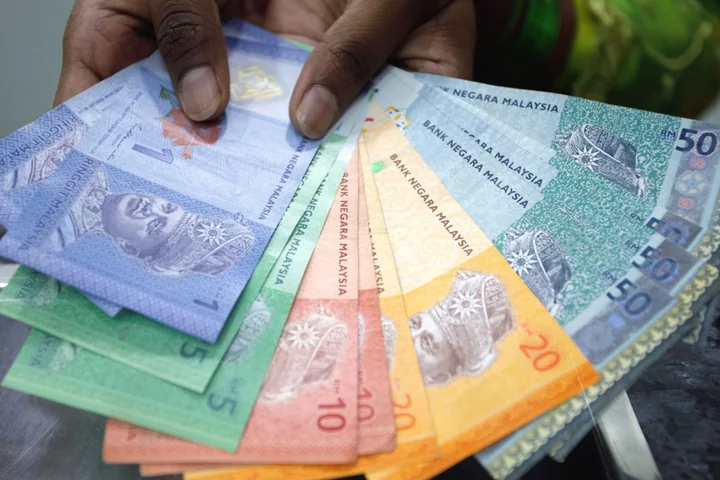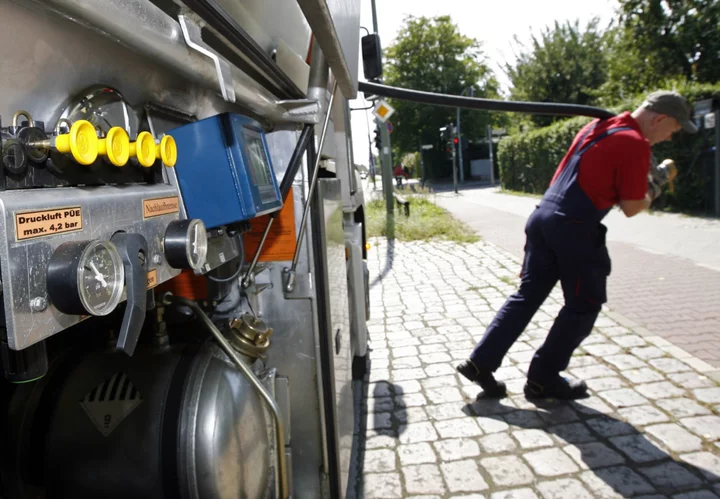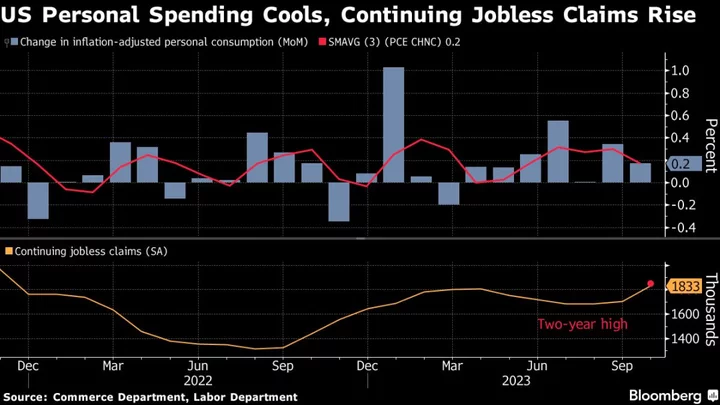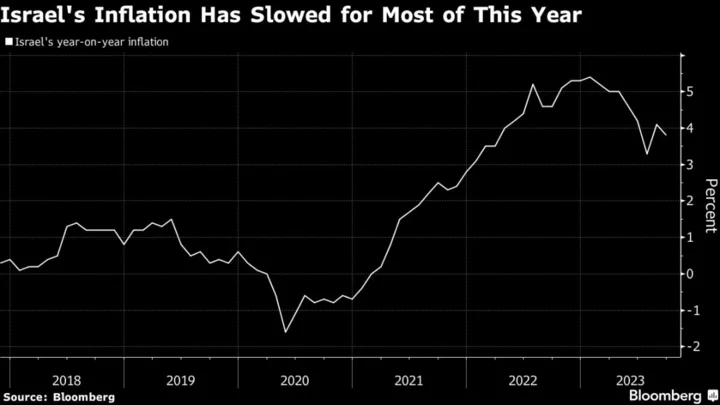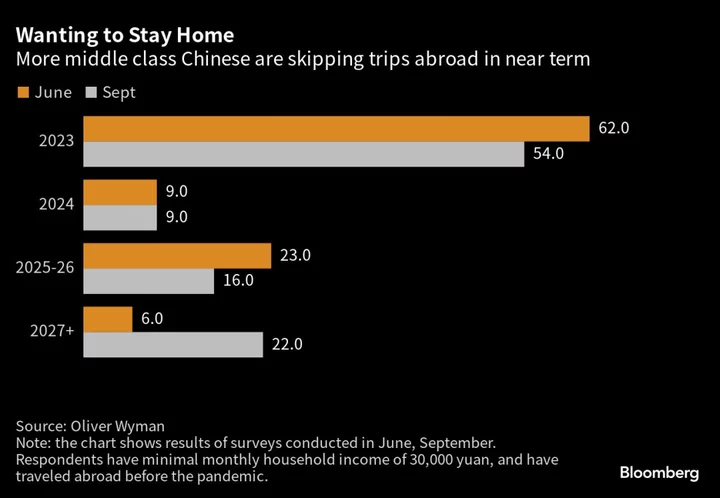Malaysian Prime Minister Anwar Ibrahim said he sees no need to boost borrowing costs to support the local currency, and that the solution to the weaker ringgit was to decouple from the US dollar.
Economic indicators such as inflation and unemployment are down while investment is up, making it hard to justify a rate hike that could hurt small businesses, Anwar told parliament on Tuesday. Malaysia’s central bank is set to decide on Thursday whether to adjust the overnight policy rate.
Bank Negara Malaysia is under pressure to raise borrowing costs as the ringgit lingers near the weakest level since 1998, and as regional peers turn hawkish to back their currencies. BNM’s key rate has stayed at 3% since July, putting it at a record discount relative to the Federal Reserve’s rate.
“There are views among the economists to strengthen the ringgit’s value through hiking the overnight policy rate. But for what reason?” said Anwar. “We only raise it when the economy demands it. Right now there is no need for that.”
The ringgit’s movements are an effect of the Federal Reserve’s actions, said Anwar, adding that the mid- and long-term solution to that is to de-couple from the US dollar. Malaysia is already conducting some of its trade with China, Indonesia and Thailand in local currencies, he said.
China is Malaysia’s No. 1 trade partner, while Indonesia is the fifth largest and Thailand the seventh.
“We have also discussed with Arab nations to begin the de-dollarization process, but we’ve only succeeded greatly with three countries as a long-term solution to defend the ringgit,” said Anwar.

